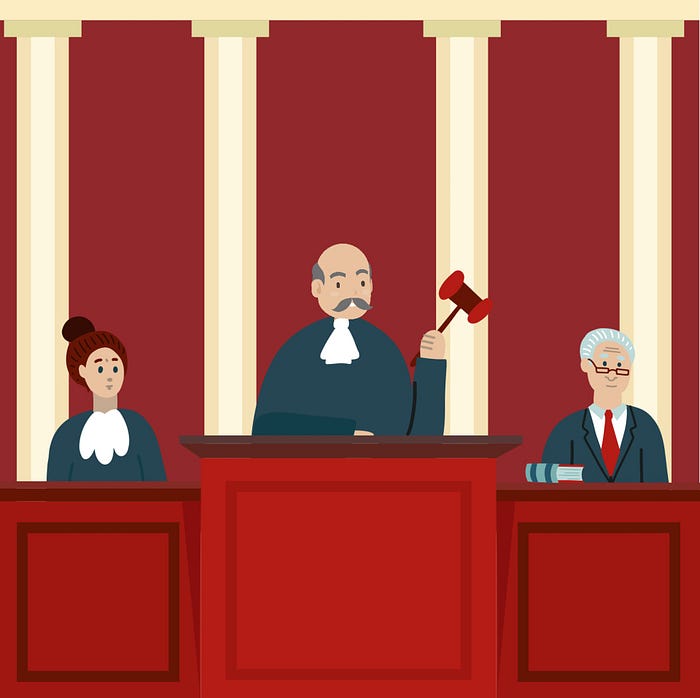Even a freelancer has to ask for the order. Here’s the Trial Close – a technique to make you feel more comfortable with closing the deal

Closing a sale is the objective of the sales process (I’ll ignore ethical issues about suitability for purpose here). Using the Trial Close technique can make it easier for you to ask the prospective customer to give you the order.
Freelancers need to sell too
You maybe a freelancer working online as I am and have been for many years. Nowadays your sales meetings with prospective clients may well be on Zoom, Skype or other online channel.
You’ve sent your proposal and resume, maybe even done an online presentation. But you have to close the sale.
Many freelancers feel uncomfortable asking directly for an order and there are ways to soften this process and actually help build a relationship with a prospective client.
Trial closing is one technique that can move things along without feeling like you’re a salesperson trying to meet a target.
But you are and nobody else is going to ask for the order for you.
Getting that commitment using the trial close
With a trial close, you may ask a buyer open-ended questions that suggest the idea of closing. It will often flush out objections and enable you to resolve them. Or it will close the sale there and then — depending on the question.
It is based on open-ended questions that invite opinions from the prospect and certainly do not invite ‘yes or no’ answers.
The trial close is one of the most important steps in the sales process. It’s your chance to make sure the customer is actually interested in buying your product or service, how a customer feels about the sale or a particular feature, whereas the close is actually asking for the business.
To perform a successful trial close, you need to be confident in your product or service and be able to answer any questions the customer has. You also need to be ready to close the sale if the customer is really interested and shows clear signs of being ready to buy.
- Does our draft project plan make sense to you?
- So, you are looking to get our team on site next week?
- What are your views on the fuel consumption figures?
- How do you feel about the delivery timescales?
- Based on what we have discussed, do you have any final questions about the people in our team?
- What do you think of the design outline we’re proposing?
- What do you see as the next step in the process?
- When would be a good time to send you the contract papers?
You can see that the questions are friendly in nature, collaborative even, and show that you are interested in the views of the prospective customer.
You’re not pushing.
Trial close questions will often uncover objections, and that is why it is important to be confident of your offering when use this technique, and be confident of your ability to handle objections and even reshape the offering.
Listening skills
As the old saw goes:
You have two ears and one mouth — use them in that proportion.
You are not trial closing for the sake of talking, you are trying to ensure that nothing will stand in the way of the close when the time comes. All uncertainties will have been covered and all objections handled.
Other closing techniques are available but for now:
The trial closing arguments are over.
There’s more on freelancing here, on this site.



